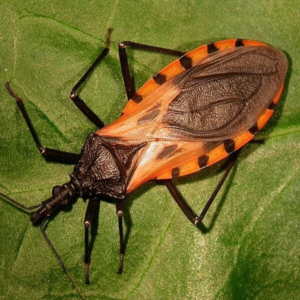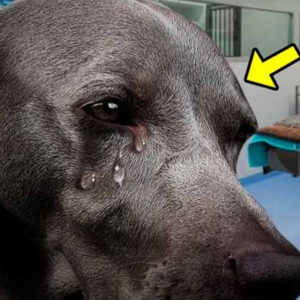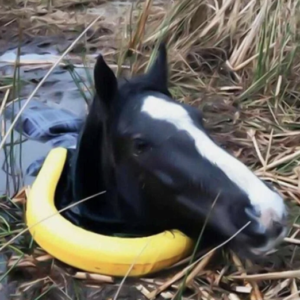People often view dogs and human infants as equally defenseless and reliant on others for care, fostering a readiness to provide assistance due to their involuntary circumstances.
Numerous individuals hold the perspective that dogs, much like human infants, embody a sense of vulnerability, relying on others for their well-being and survival.
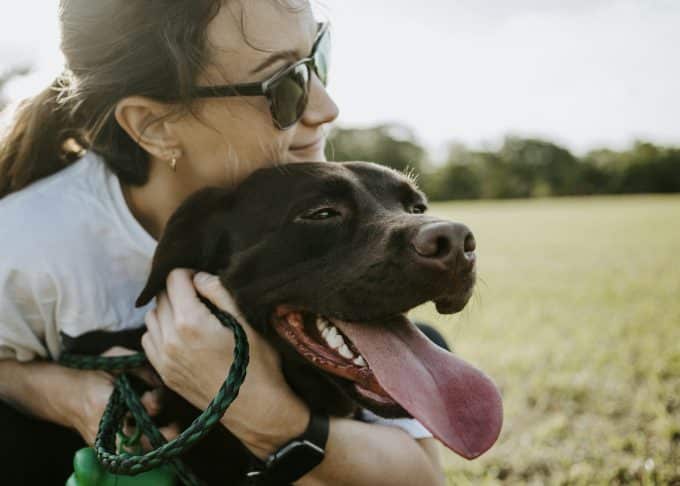
This perception stems from the observation of their dependence on caregivers for food, shelter, and protection, mirroring the needs of human babies. Dogs, with their innocent and trusting demeanor, evoke a natural instinct in people to nurture and protect, akin to the caregiving response often elicited by human infants.
This sentiment arises from the recognition that both dogs and babies lack the capacity to fully fend for themselves and navigate the complexities of the world independently.
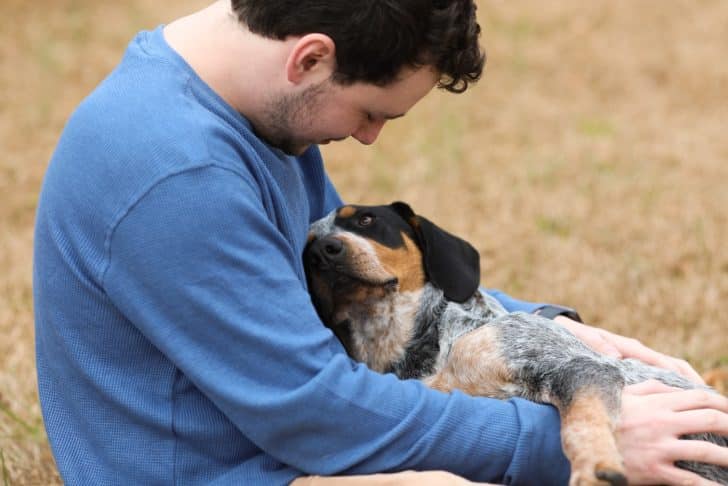
Dogs, in their domesticated state, have become reliant on human companionship and care, while babies are inherently dependent on their caregivers for every aspect of their lives. Observers acknowledge that neither dogs nor babies have chosen their circumstances; rather, they find themselves in positions of vulnerability by virtue of their nature and developmental stage.
This awareness prompts a heightened sense of empathy and readiness to offer assistance when needed. Whether it’s providing food, shelter, or emotional support, individuals often feel compelled to extend a helping hand to both dogs and babies in recognition of their shared vulnerability and need for care.

This readiness to offer support reflects a fundamental aspect of human nature—the inclination to protect and nurture those perceived as defenseless or in need. Thus, the perception of dogs and human infants as equally dependent beings fosters a sense of compassion and a willingness to extend aid to those who cannot help themselves.

